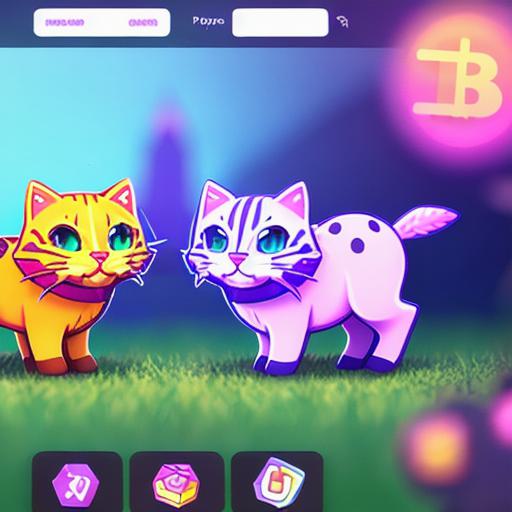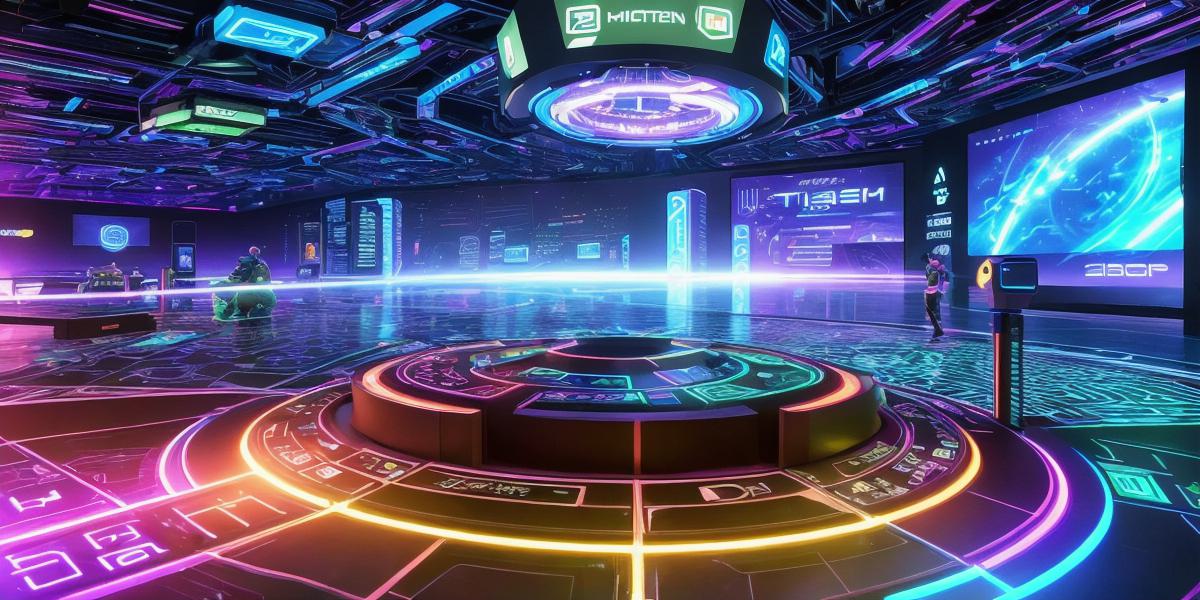As technology advances, gaming has become a massive industry, generating billions of dollars in revenue each year. With the advent of blockchain technology and cryptocurrency, there is now an opportunity to revolutionize the gaming industry by adding decentralized elements to it. Web3 technologies, such as smart contracts, decentralized storage, and peer-to-peer networking, are being integrated into gaming platforms to create a more secure, transparent, and player-controlled experience.
Web3 Games
Web3 games are online games that use blockchain technology and cryptocurrency to provide players with a unique and decentralized gaming experience. These games operate on a distributed network of computers, which means that there is no central authority controlling the game’s rules or outcome. Instead, players can vote on rule changes and interact directly with each other through the use of smart contracts.
One example of a Web3 game is CryptoKitties, a blockchain-based game where players breed cats to create unique ones that are worth real money. These cats are stored on the Ethereum blockchain, which ensures their uniqueness and security. Players can buy, sell, and trade these cats with other players through smart contracts, creating a decentralized market for digital goods.
Another example is BlockStar Planet, a space-themed game where players can create their own planets and populate them with different species. These planets are also stored on the Ethereum blockchain and can be bought and sold by players. This creates a unique and decentralized economy within the game, which allows players to interact directly with each other without the need for intermediaries.
Benefits of Web3 Games
Web3 games offer many benefits over traditional games. These include:
- Decentralization: Web3 games are decentralized, meaning that there is no central authority controlling the game’s rules or outcome. This allows players to have more control over the game and creates a more fair and transparent system.
- Ownership: Players own their in-game assets, which means that they can sell, trade, or hold onto them as they see fit. This creates a real-world economy within the game, which allows players to interact directly with each other without the need for intermediaries.
- Security: Web3 games use blockchain technology to ensure the security and uniqueness of in-game assets. This eliminates the risk of fraud and ensures that players can trust the game’s rules and outcomes.
- Transparency: Web3 games provide players with real-time access to information about the game’s rules, outcomes, and transactions. This allows players to make informed decisions and creates a more transparent system.
Conclusion


Web3 games are revolutionizing the gaming industry by adding decentralized elements to it. These games offer many benefits over traditional games, including decentralization, ownership, security, and transparency. As technology continues to advance, we can expect to see more Web3 games emerge, creating new opportunities for players to interact with each other and create unique digital goods. The future of online entertainment is bright, and Web3 games are at the forefront of this revolution.
